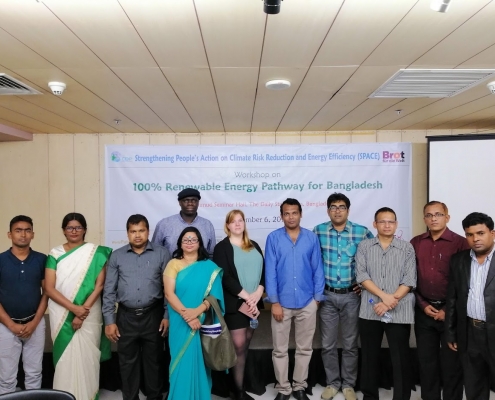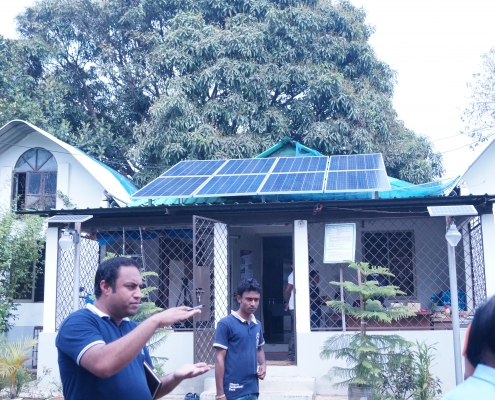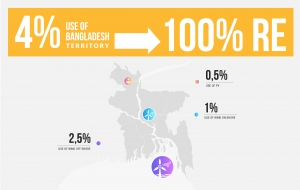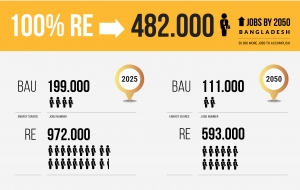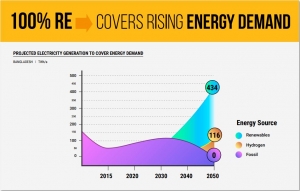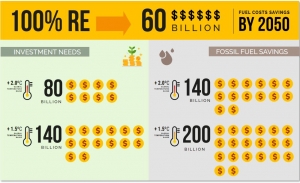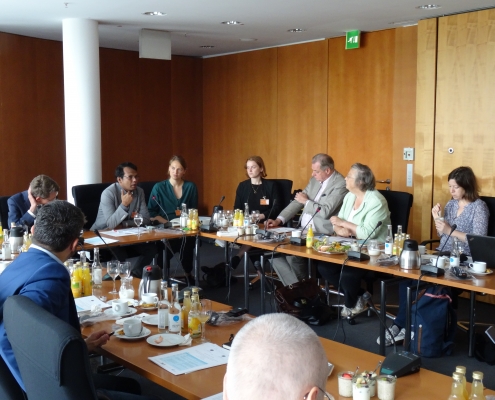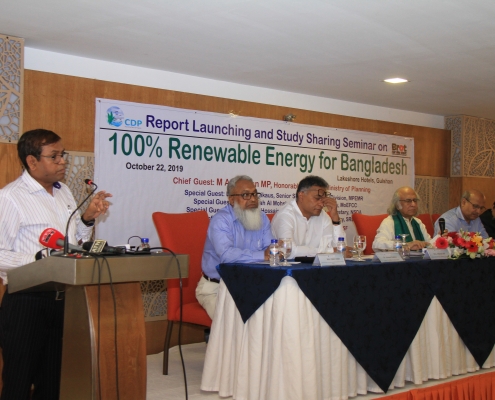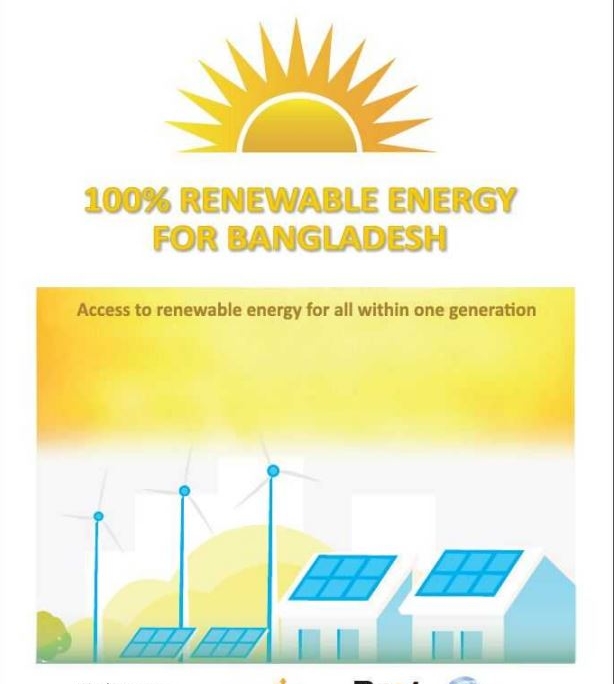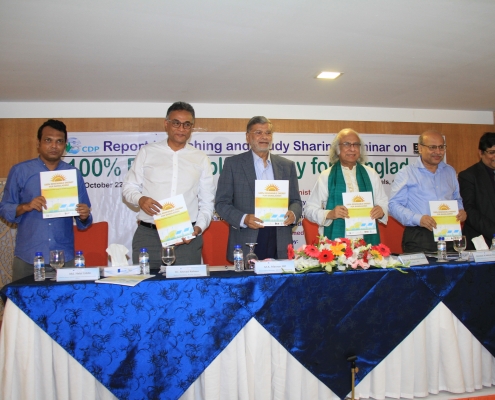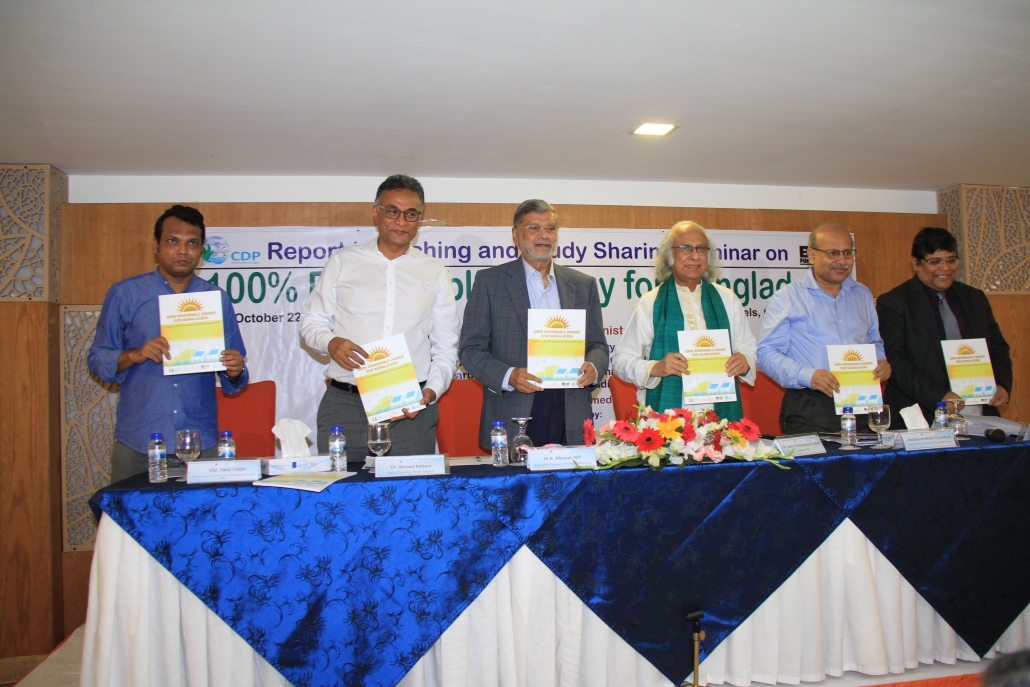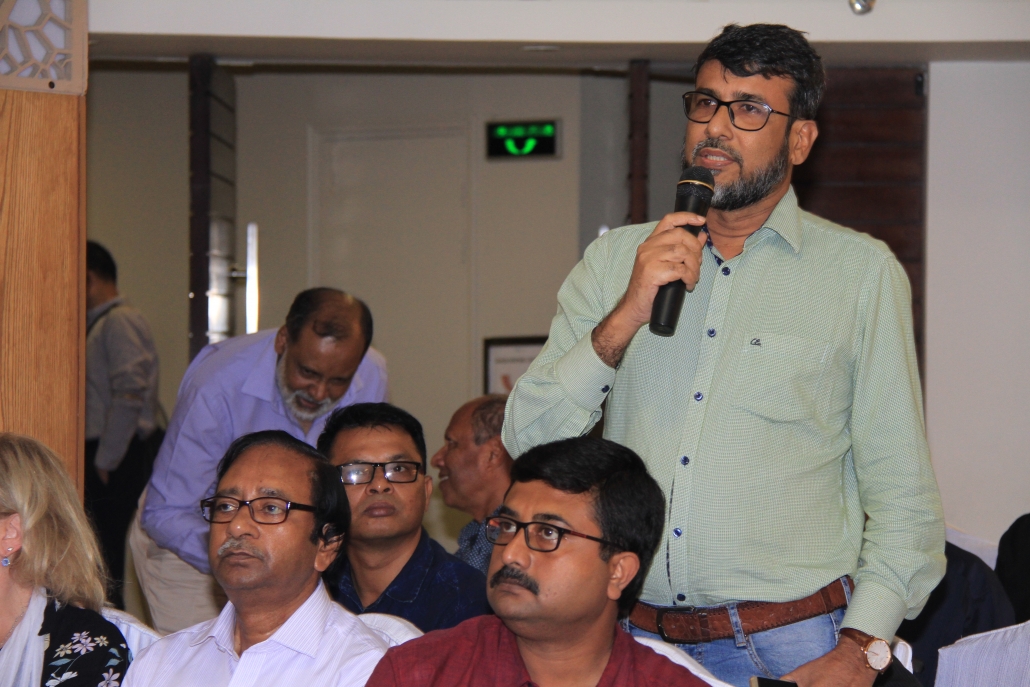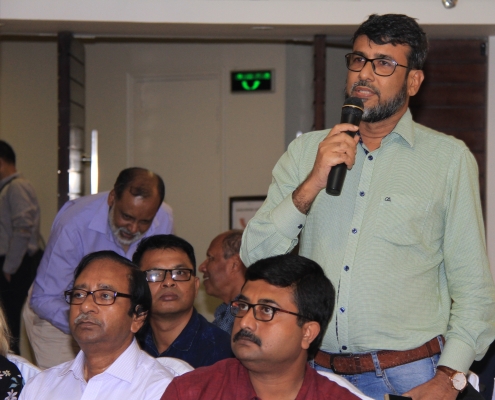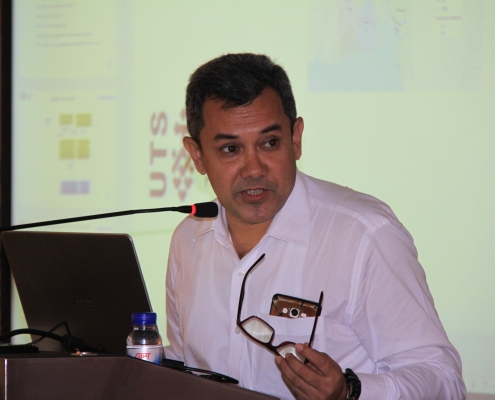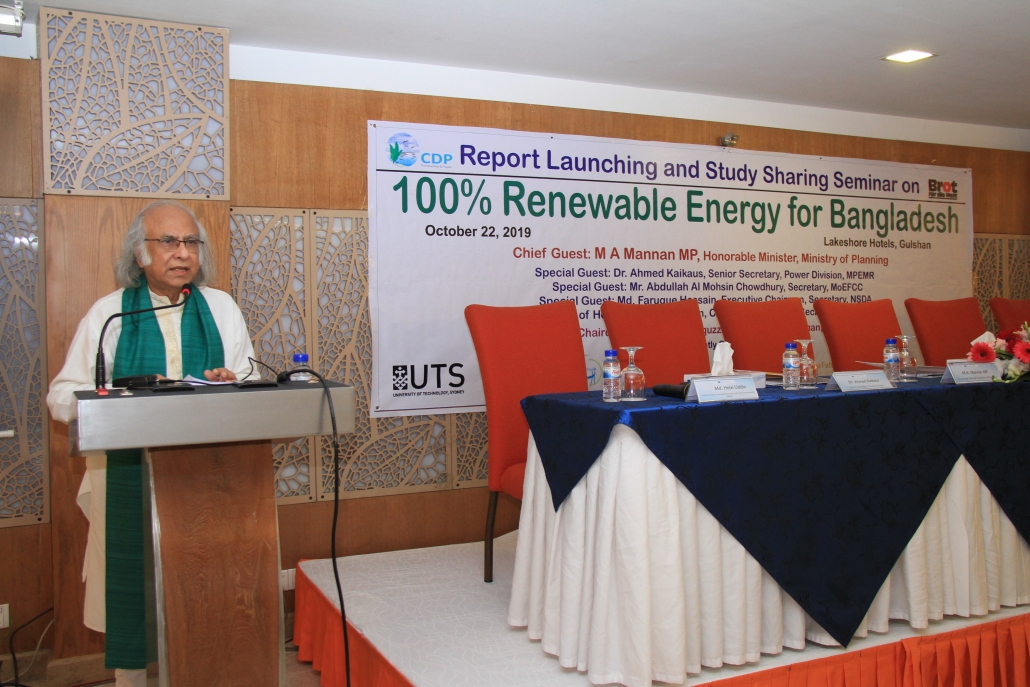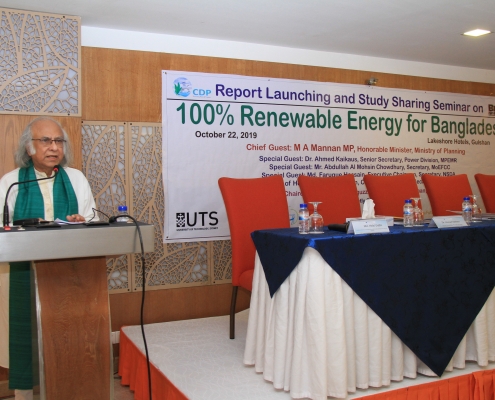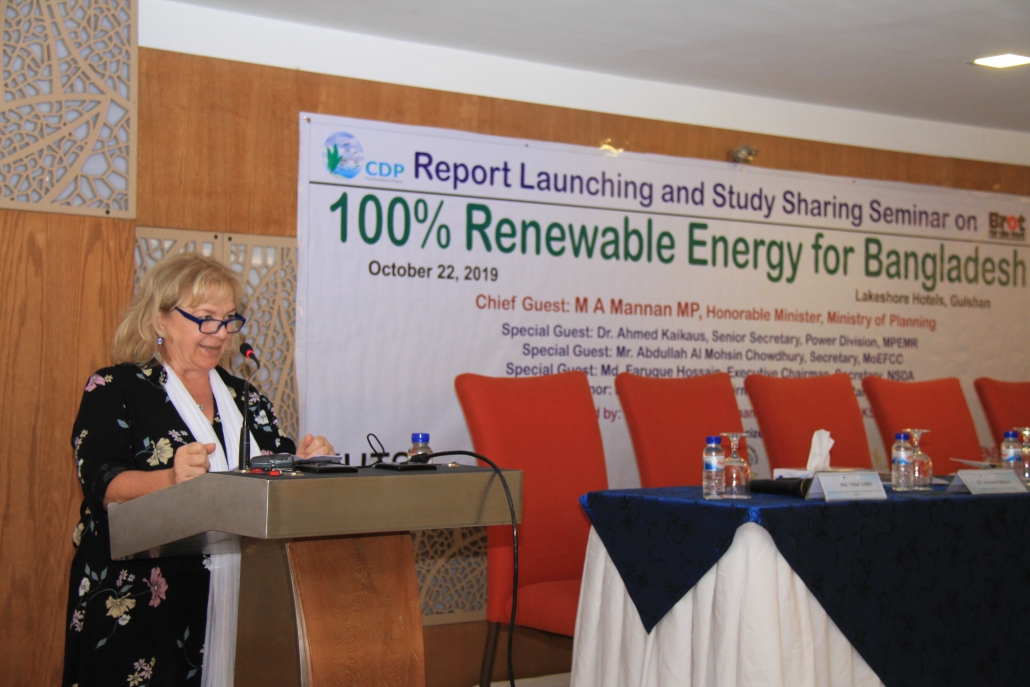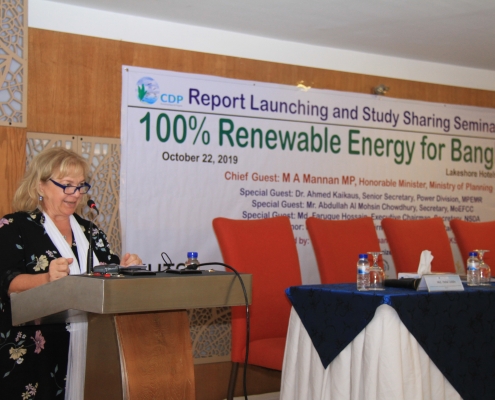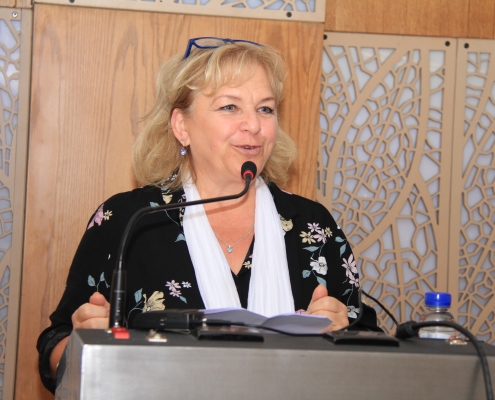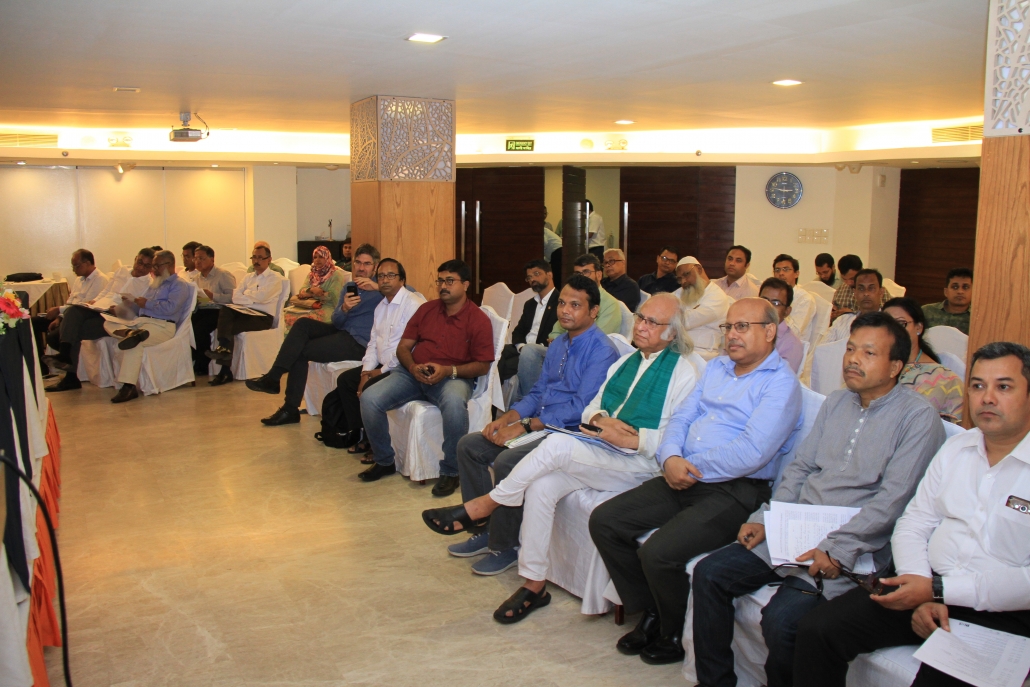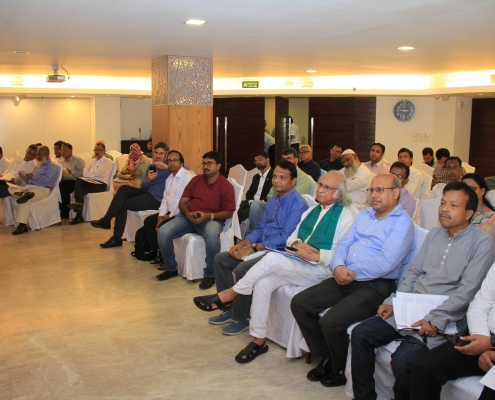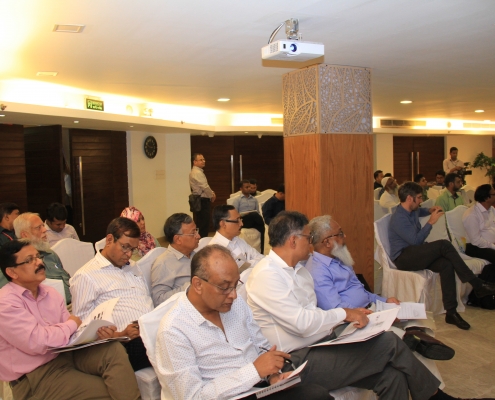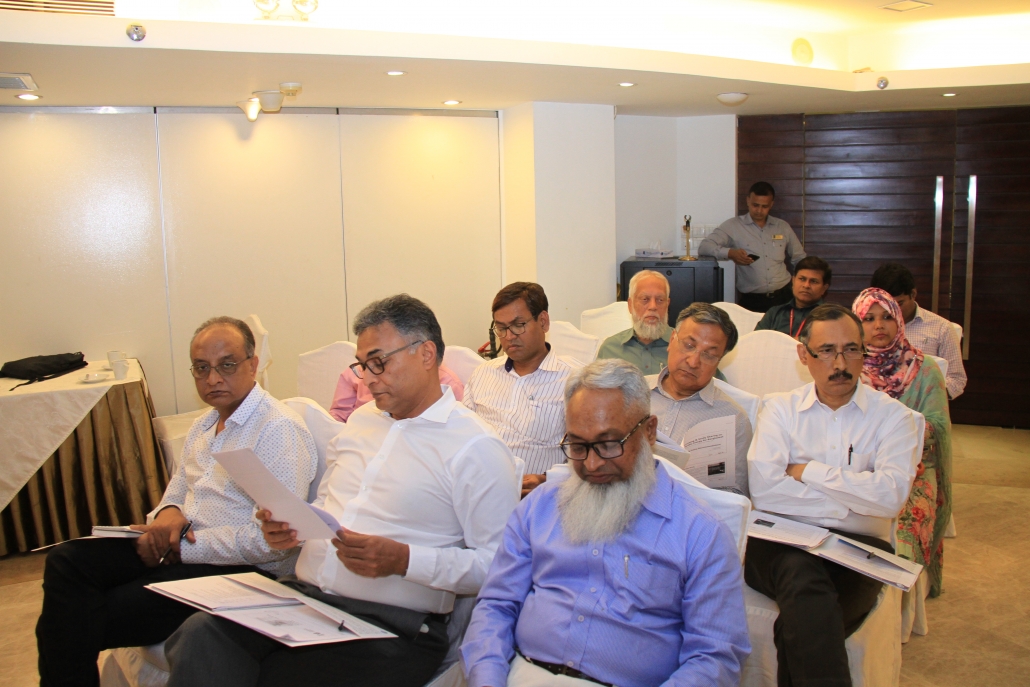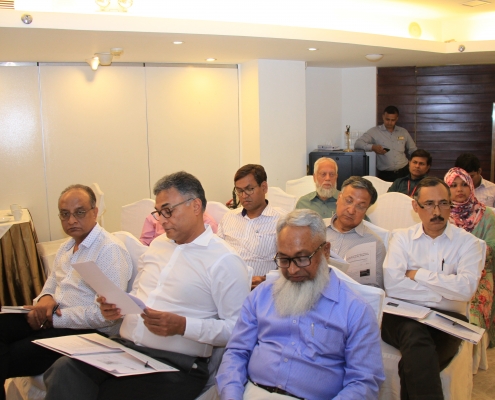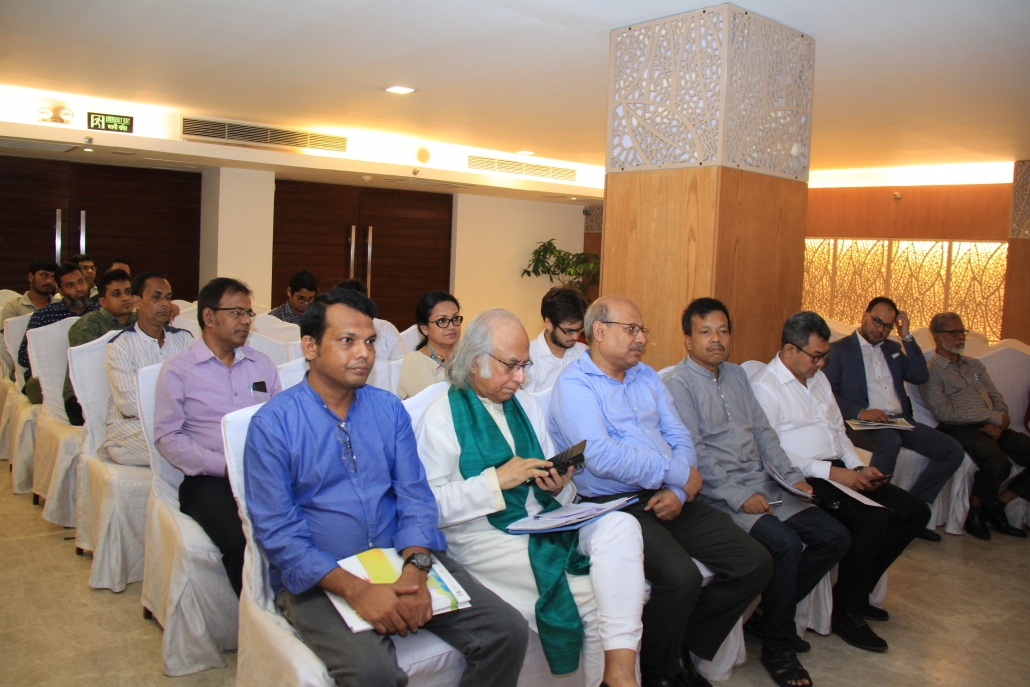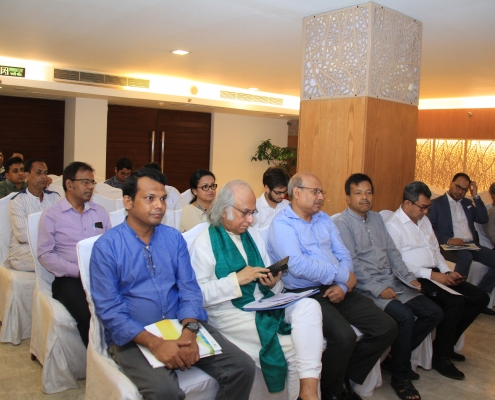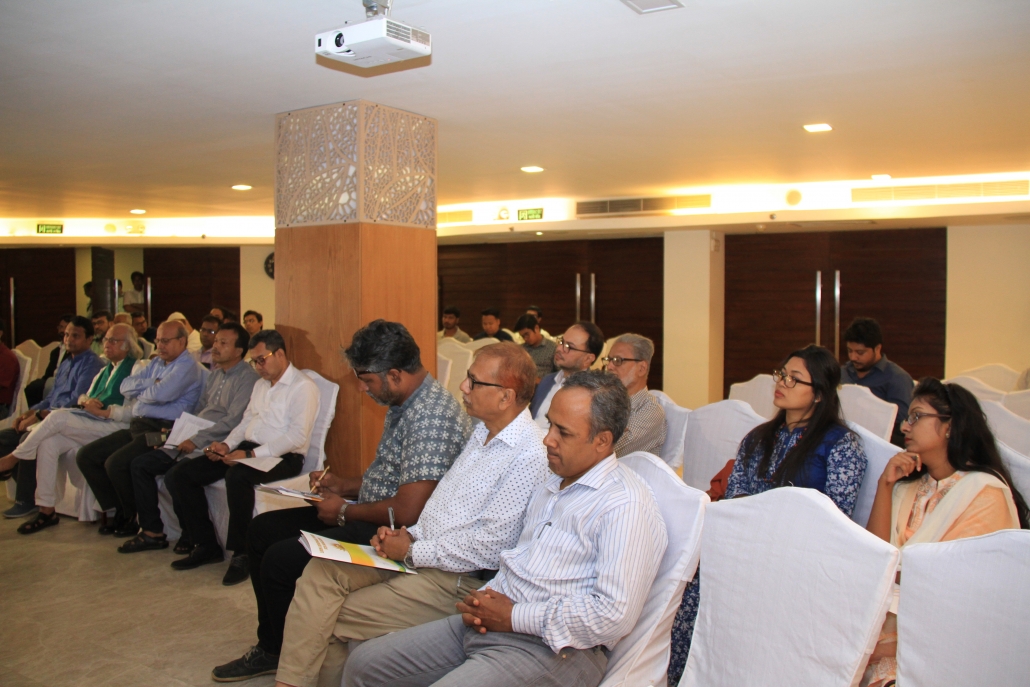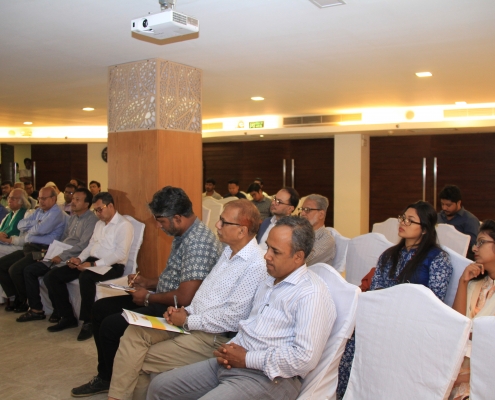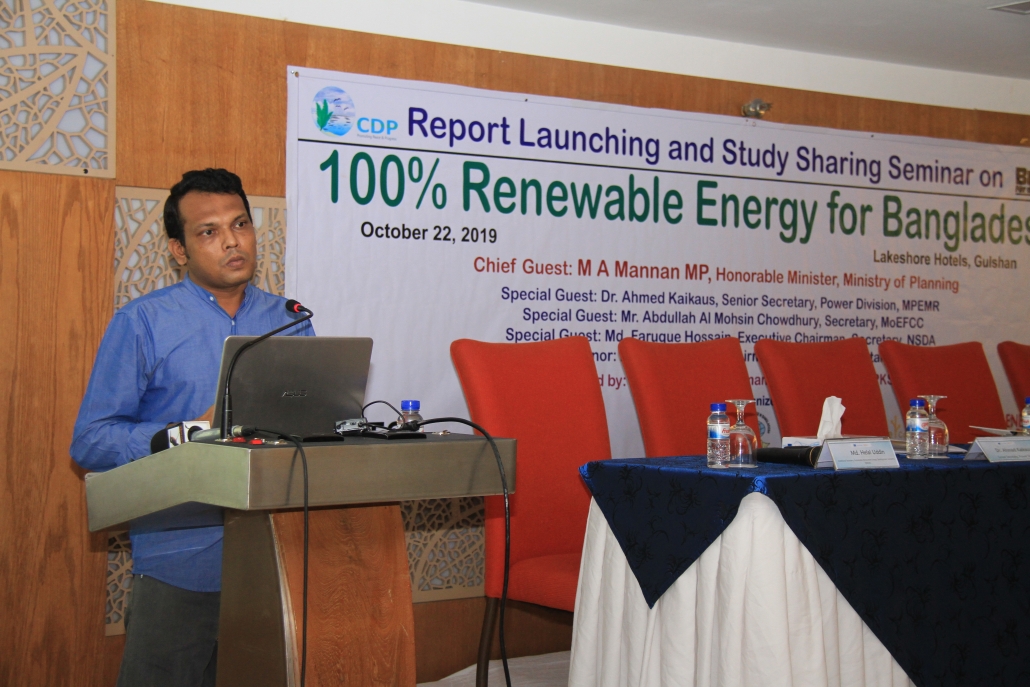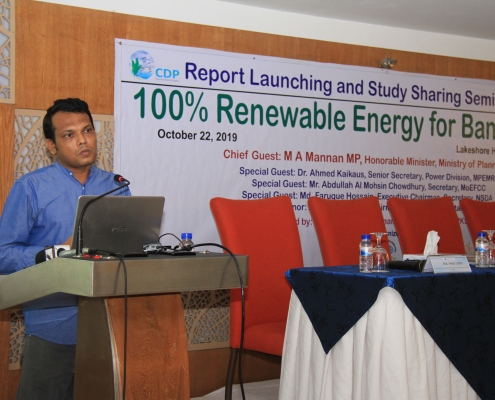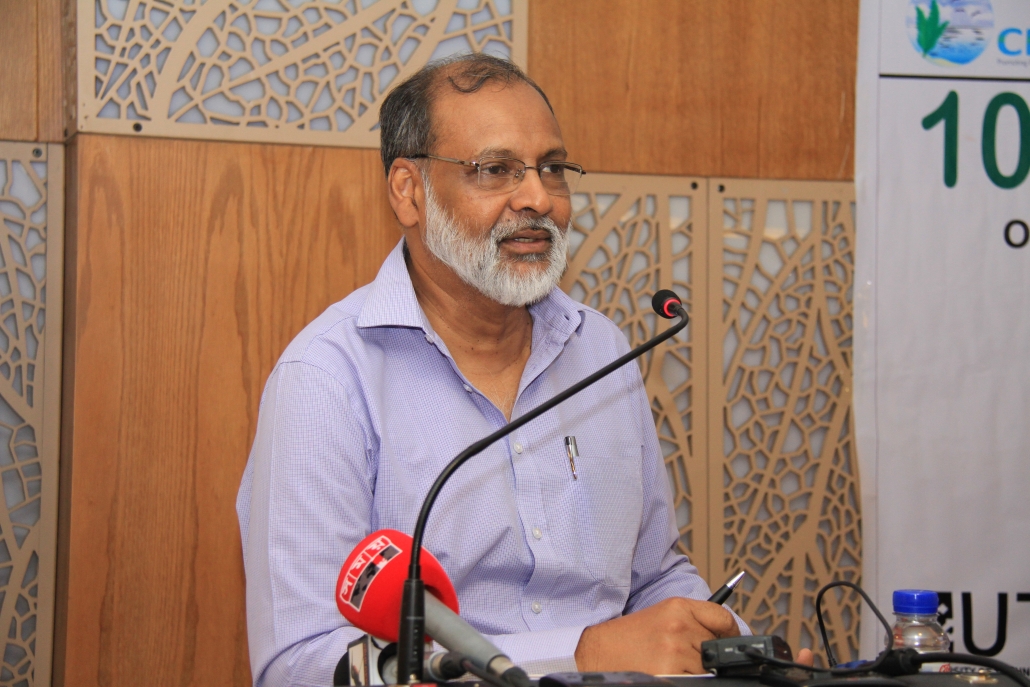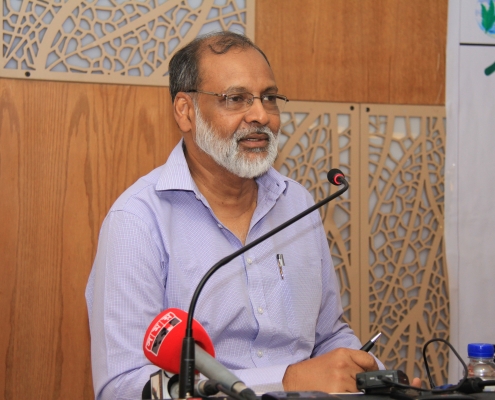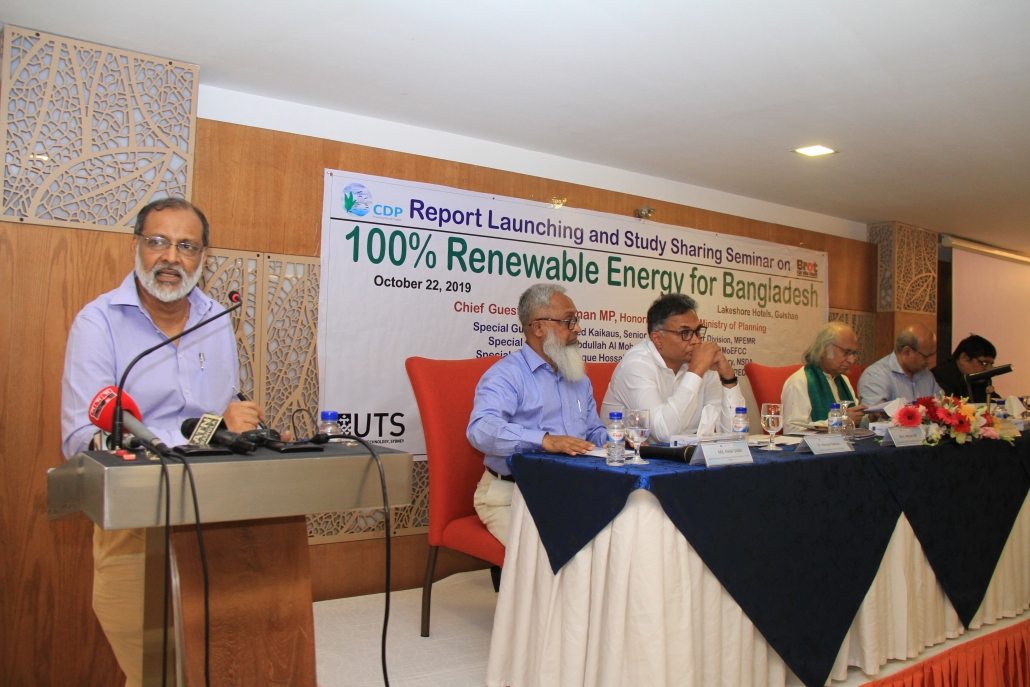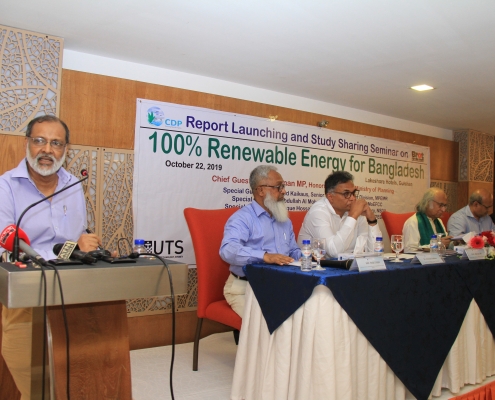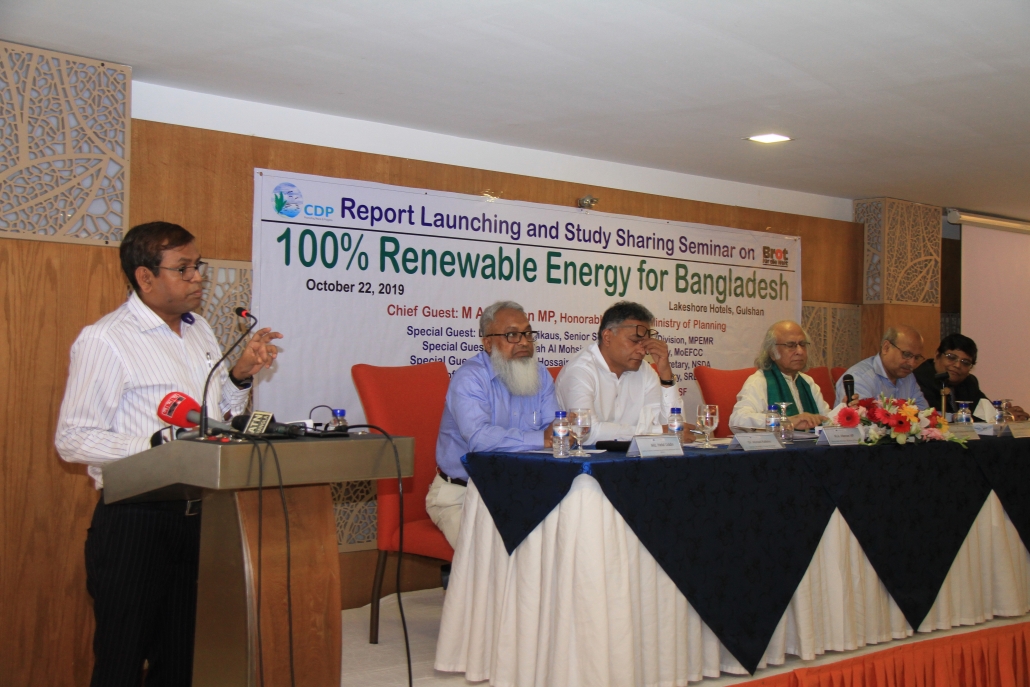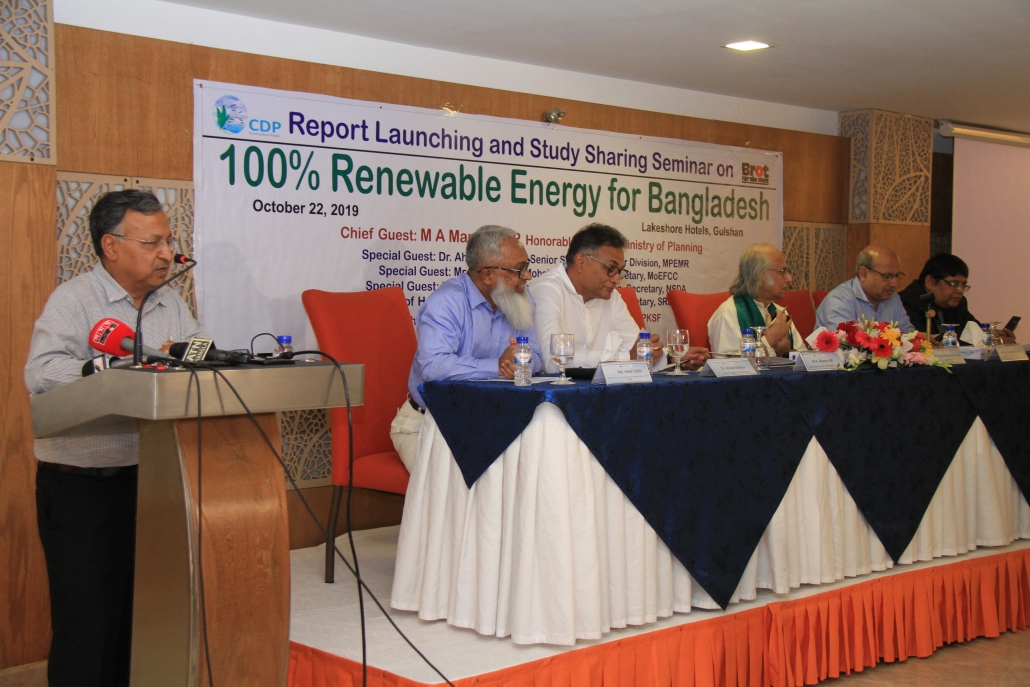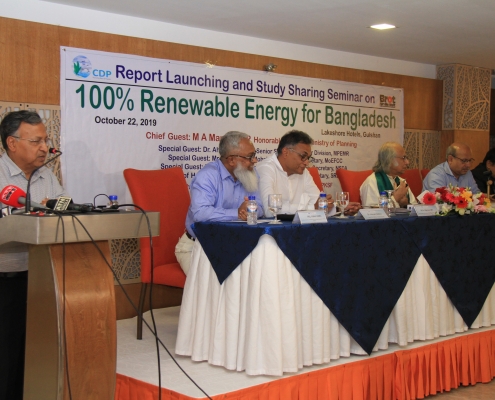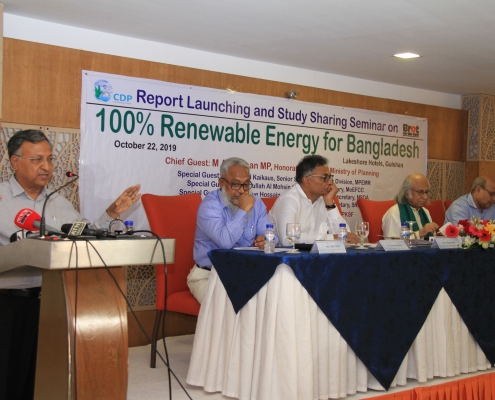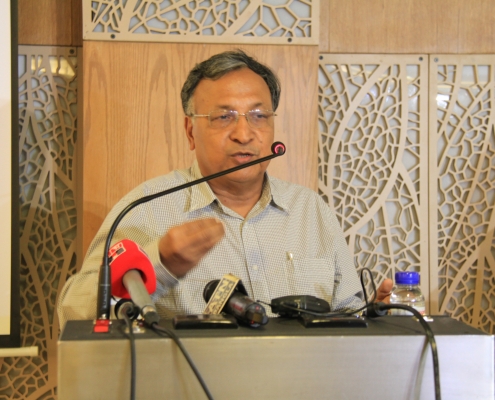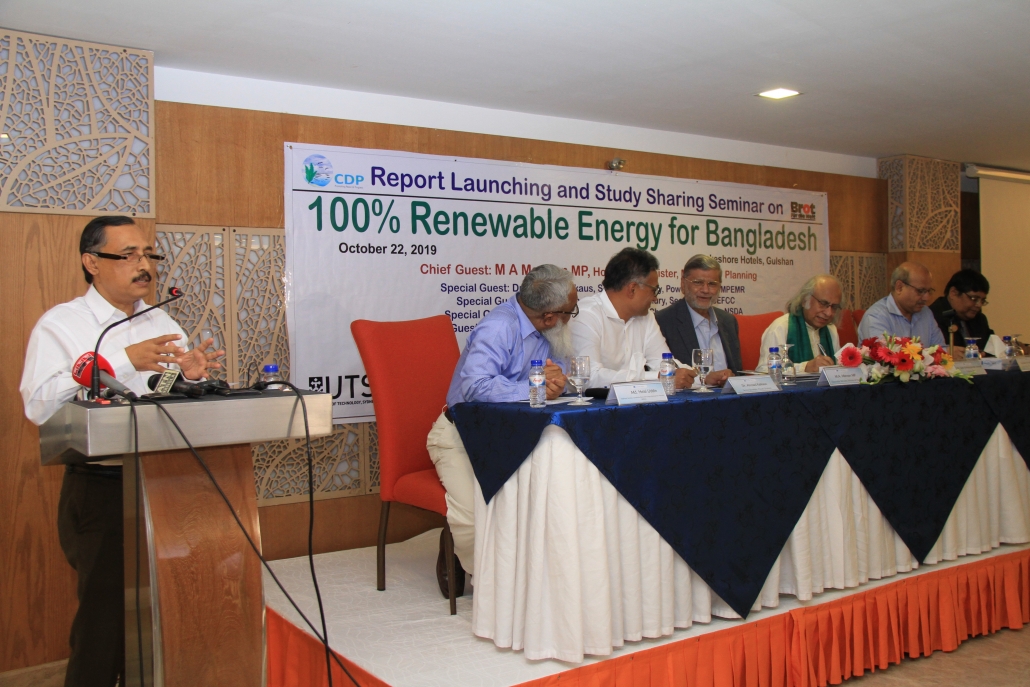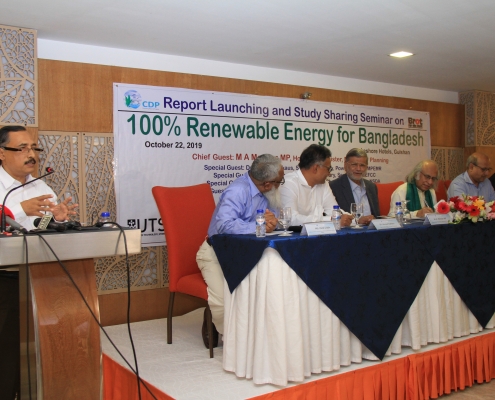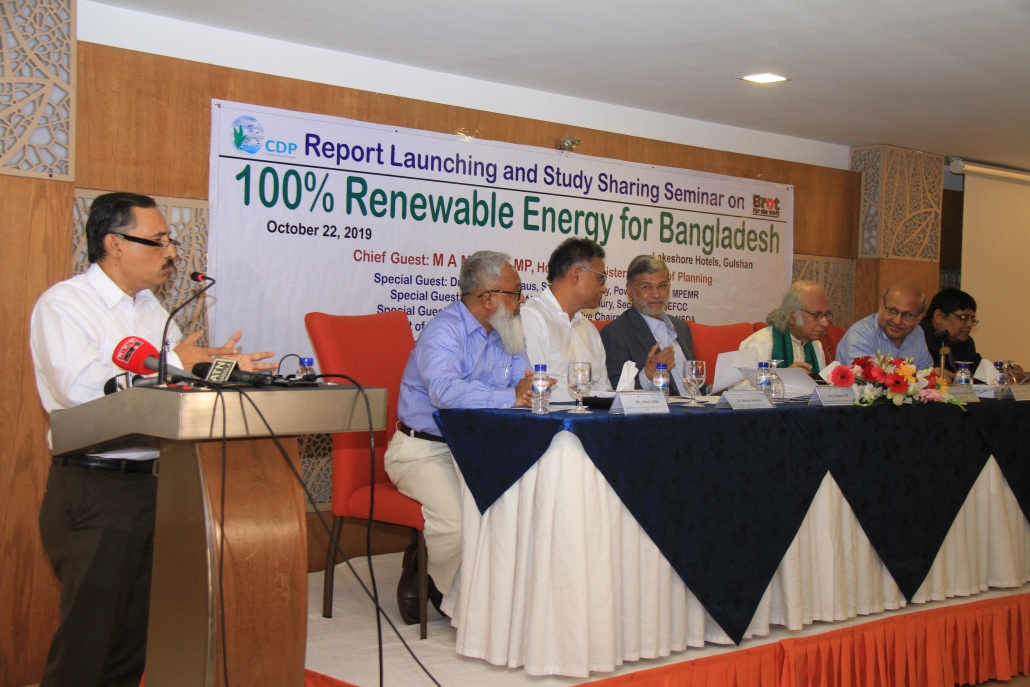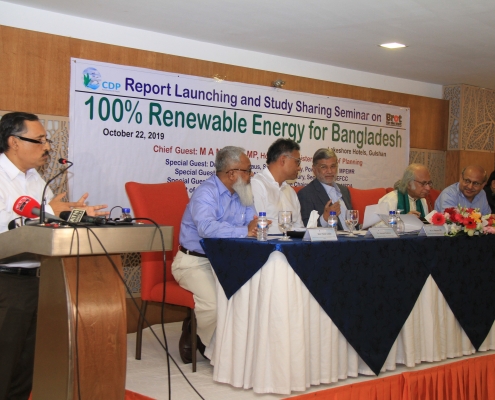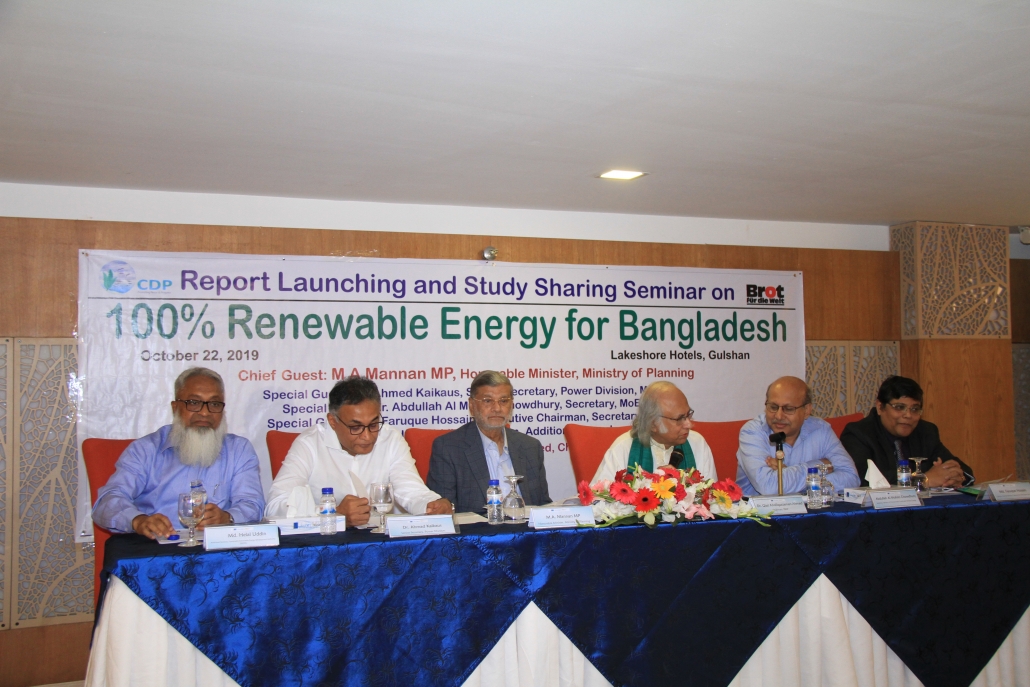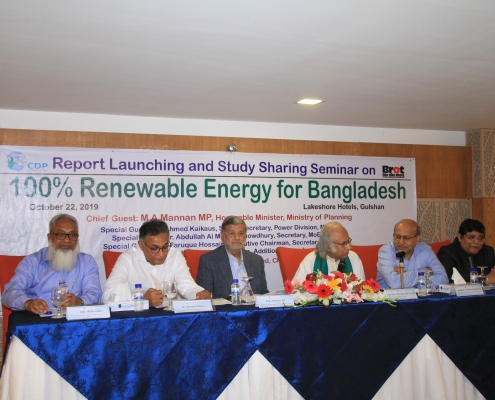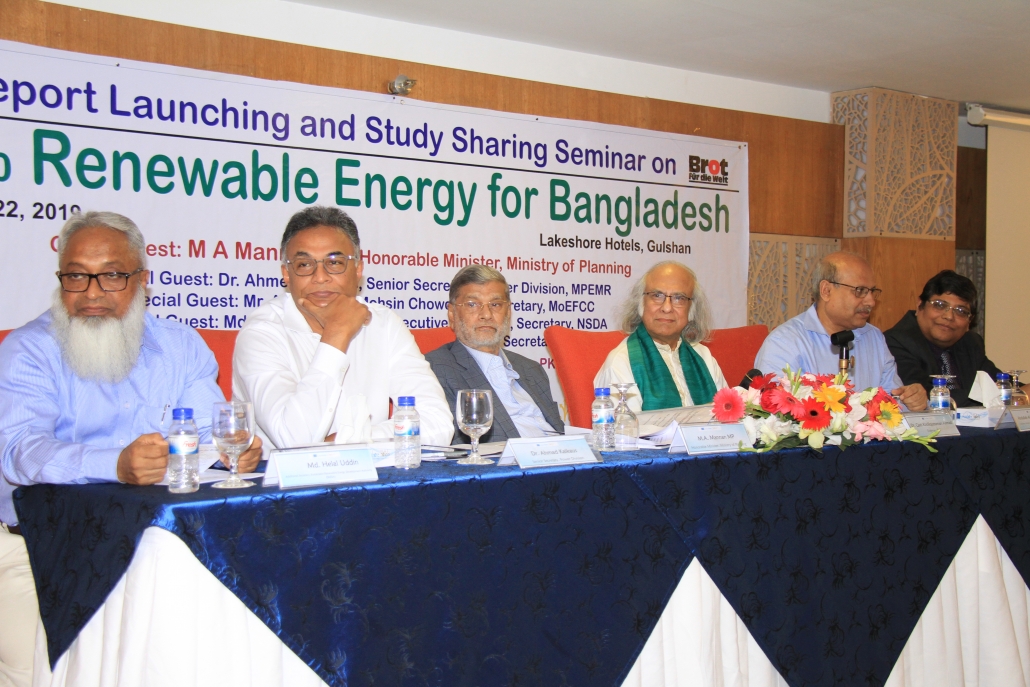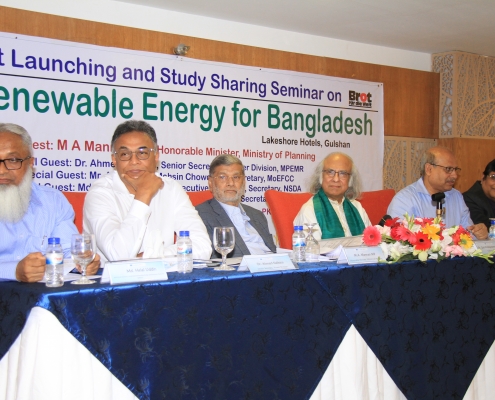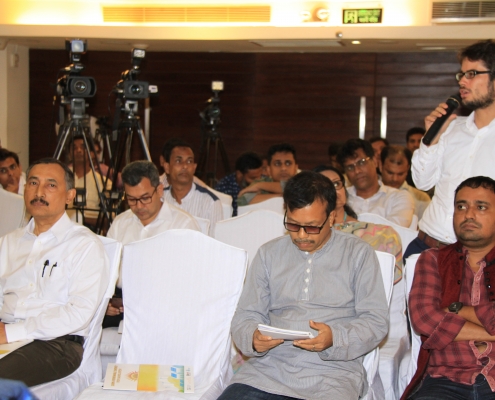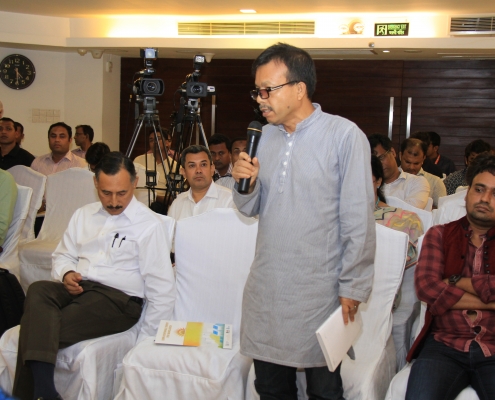100% Renewable Energy in Bangladesh: Bangladesh is among the five fastest growing economies in the world. Yet, the country’s sustained economic expansion increased the energy demand and strains existing energy infrastructure. Keeping energy access reliable and on a low enough price to be affordable for everyone, has been a continuous struggle over the past decades.
A decentralised renewable energy system presents a massive opportunity for Bangladesh to accelerate economic development, whilst improving energy access, livelihoods and the health of millions of people in a sustainable manner. In fact, over 5 million Solar Home Systems (SHS) have been distributed in areas where electrification and grid expansion were particularly challenging. To date, the programme has provided electricity services to over 11% of the population and has saved consumption of 1.14 million tons of kerosene for lighting, worth more than $400 million USD.
In order to unleash the full potential of Renewable Energy in and for Bangladesh, the World Future Council, together with the Bangladeshi organisation Coastal Development Partnership and the German development organisation
The goal was to develop future energy scenarios for Bangladesh, based on an extensive mapping exercise of renewable energy potentials in the country. As implementing the findings requires broad participation of stakeholders from across the country, a multi-stakeholder process was set up to gather and validate data and to discuss assumptions that informed the scenario. Through this inclusive and participatory approach, a greater sense of ownership over its outcomes, and consequently, its sustainability was strengthened. Hereby, this project strengthened the policy-science interface to shape future-just energy governance in the country. The technical roadmap was done by the Institute for Sustainable Futures (ISF) of the University of Technology Sydney, applying the OneEarth Climate Model to Bangladesh.
Results: 100% Renewable Energy in Bangladesh
The technical study done by ISF compares two renewable energy pathways with a business as usual pathway to highlight the socio-economic advantages of renewable energy over a fossil pathway. Given the constraint space in Bangladesh, the study excluded competing land uses and was considerate of the energy transition not threatening food production in Bangladesh. While highlighting that a shift to 100% renewable energy can provide sufficient energy for all at lowest possible costs, the findings also unveil a high potential for reducing carbon emissions. Further, renewables have the potential to tackle both, the challenges of economic expansion and reliable energy access, if the energy strategy of Bangladesh takes an integrated approach across heat, mobility and electricity.
Activities: 100% Renewable Energy in Bangladesh
A series of multi stakeholder workshops took place in Dhaka in 2018, gathering participants from government, development organisations, financing institutes, think tanks and civil society organisations. The participants discussed the feasibility of a transition to 100% RE, given necessary technology has an affordable price. Given the densely populated territory of the Asian country, the option of becoming a leader in deploying floating RE technologies to harness Bangladesh’s huge solar and off-shore wind potential was particularly discussed.
A study tour to the coastal region of Chittagong was conducted in early 2019 to experience the impact of climate change on erosion of coastal land and riverbanks. People living in those areas need to frequently relocate, due to loss of their land. Leveraging the potential of decentralised, portable energy systems and portable, electric cook stoves through enabling policy measures can play a crucial role in adapting to such extremes and were recognised in the technical study by ISF and subsequent policy recommendations.
Finally, unlocking the full potential of RE for sustainable development and implementation of the Paris Agreement in Bangladesh requires donors to join efforts. Hence, a meeting of 25 German Parliamentarians and experts was held in the German Bundestag in June 2019 to share first-hand experiences from Bangladesh, present the findings of the scientific findings and unveil how international cooperation can contribute to the energy transition globally. Some key measures on how German parliamentarians and German development policies can support Renewable Energies in Bangladesh and the Global South to boost sustainable development were developed.
In late October 2019, the study “100% Renewable Energy for Bangladesh – energy access for all within one generation” was launched in Dhaka, Bangladesh. The Minister of Planning M.A. Mannan MP, welcomed the study as an important step in following up on the pledge made in 2016 in Marrakech by the 48 member states of the Climate Vulnerable Forum of which Bangladesh is an important member. WFC Councillor, Dipal Barua highlighted the importance of 100%RE for Bangladesh’s economy, but also to cope with the rising energy demand of citizens. Representatives from various ministries gave further insights into their take-aways from the study.

